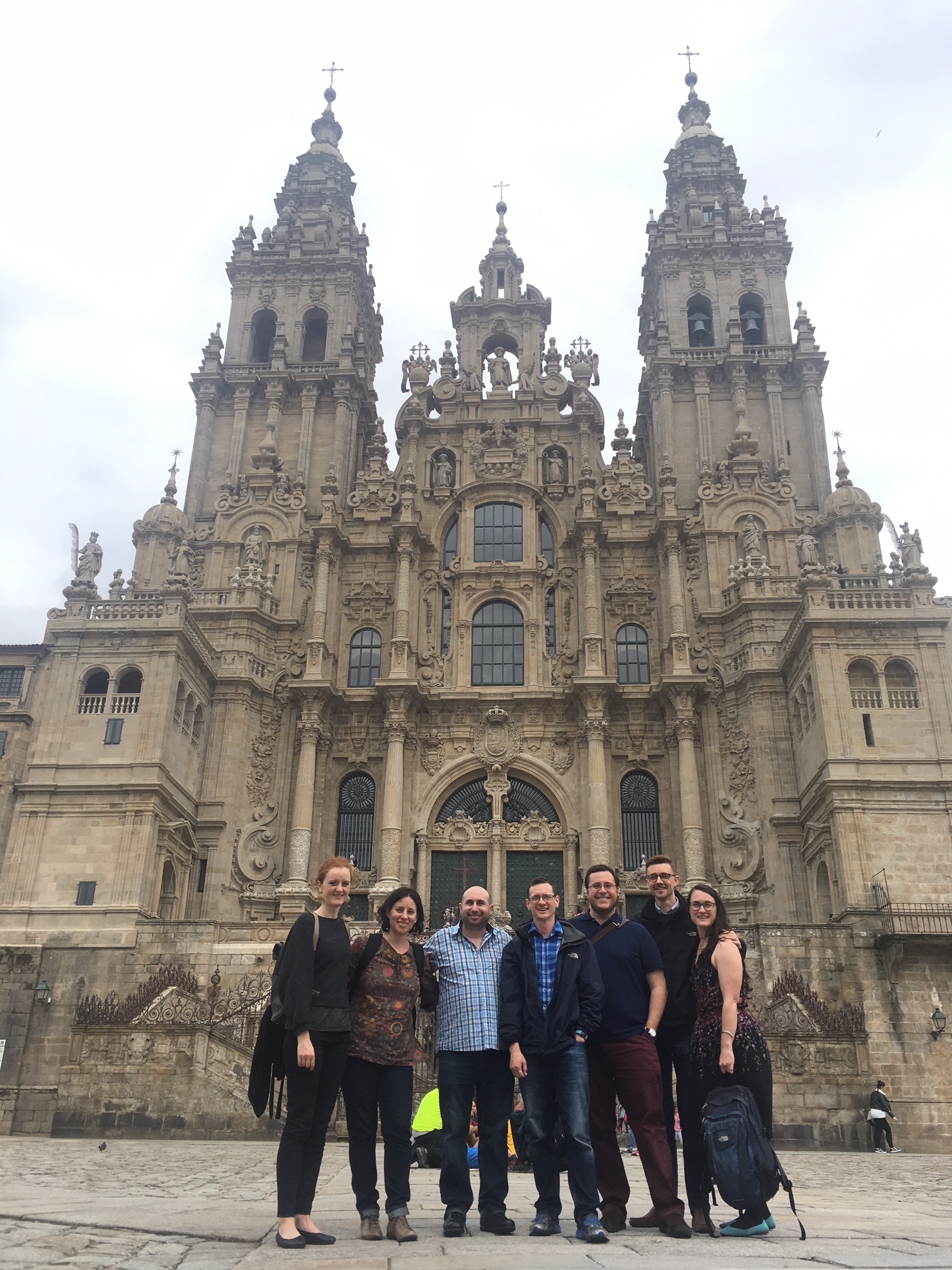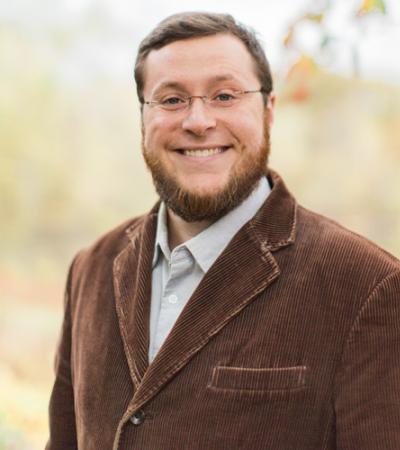Theology of Liberation and Decolonial Thought Summer School; Santiago de Compostela, Spain
Kellogg Institute Professionalization Grants
 The Decolonial Thought and Liberation Theology summer school in Santiago de Compostela, Spain was a fantastic opportunity to improve my understanding of topics related to my dissertation work, further develop my own research, and enhance my professionalization with scholars from around the world working on similar topics. Funded by the generous support of a Kellogg Institute Graduate Professionalization Grant, the summer school allowed me to engage in an immersive, weeklong intensive course of study and dialogue around issues related both to my own research and the Institute’s broader points of theoretical and programmatic emphasis.
The Decolonial Thought and Liberation Theology summer school in Santiago de Compostela, Spain was a fantastic opportunity to improve my understanding of topics related to my dissertation work, further develop my own research, and enhance my professionalization with scholars from around the world working on similar topics. Funded by the generous support of a Kellogg Institute Graduate Professionalization Grant, the summer school allowed me to engage in an immersive, weeklong intensive course of study and dialogue around issues related both to my own research and the Institute’s broader points of theoretical and programmatic emphasis.
Featuring faculty and participants (themselves mostly faculty and advanced graduate students) from across the Americas and Europe, the summer school engaged directly and substantively with specific questions around decolonial inter-religious engagement that I will be able to connect directly back to my dissertation project. Most broadly stated, my dissertation links decolonial critiques of Westernized models of development and democratization to the theory and practice of peacebuilding. The project translates extant decolonial critiques of development (focused primarily on the question of whose knowledge gets to count in the formulation and execution of development plans) to contemporary approaches to peacebuilding, challenging the specialization of “expert” knowledge located in Western universities as the primary locus for the generation of peacebuilding theory. Most relevant to the summer school, the project looks specifically at practices of religious peacebuilding for examples of where we already see contestation between Global North/South approaches to peacebuilding consistent with decolonial critiques. Within the project, I also examine decolonial rearticulations of ‘democracy’ and how they’ve interacted with the predominant Western understandings of the term used in peacebuilding and development literature, taking these interactions as something of a guide for how similarly decolonized accounts of ‘peace’ might challenge the prevailing understandings driving theories and practices of peacebuilding in Western academic and policy circles.
In addition to the week’s faculty-led sessions, I was also able to participate as chair and discussant for a panel focused on related participant projects, including one colleague’s dissertation proposal and another’s chapter draft on the colonial legacies of development and medical aid from a participant who had spent several years working for the NGO Partners in Health. (PiH’s founder Paul Farmer is a mainstay of undergraduate peace studies syllabi, especially around relative access to medical care in the Global South as an indicator of structural violence) Serving as chair and discussant on the panel opened up even more opportunities to read and converse around topics again related to my own dissertation work—especially regarding colonial legacies and alternative approaches to thinking about aid delivery.






